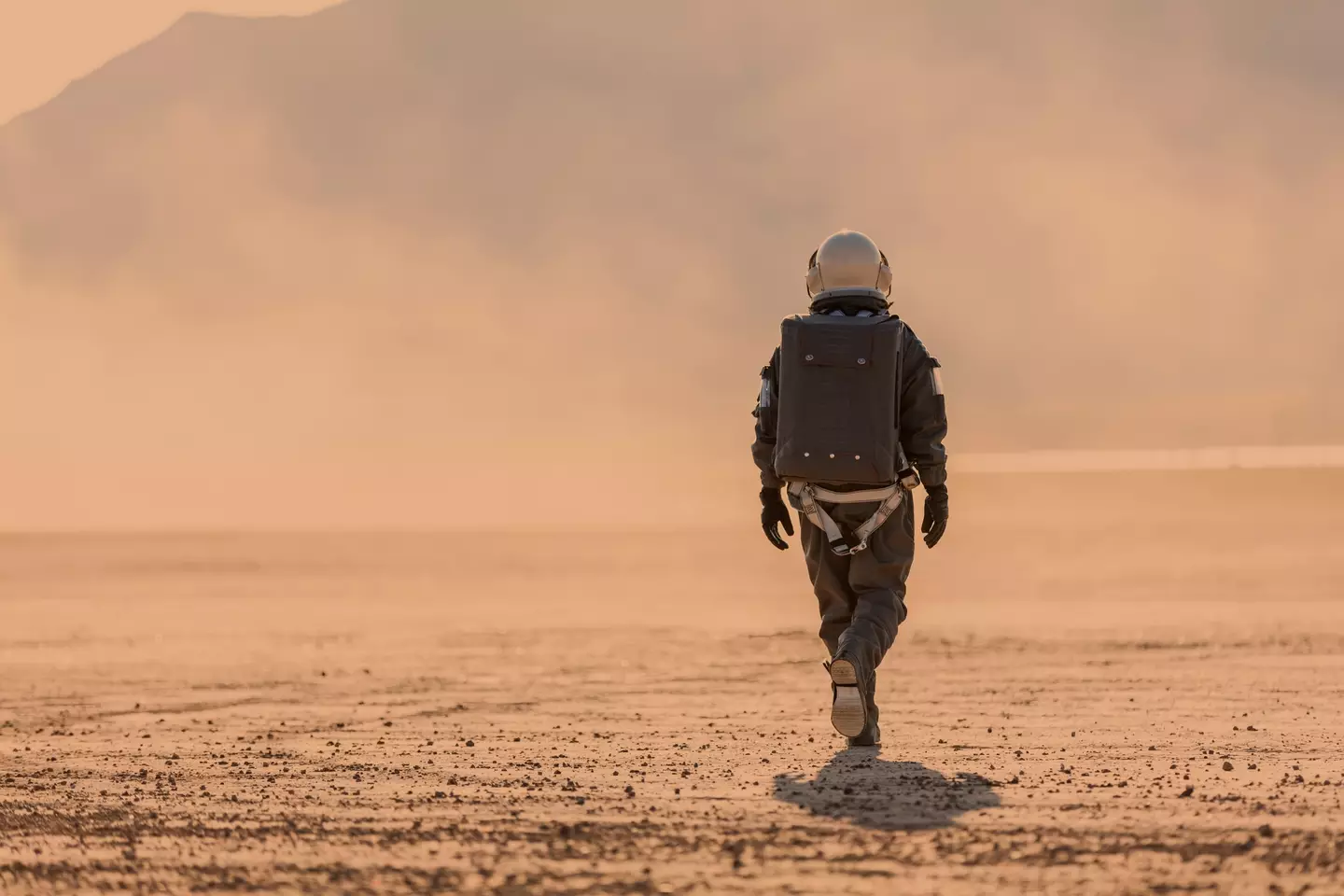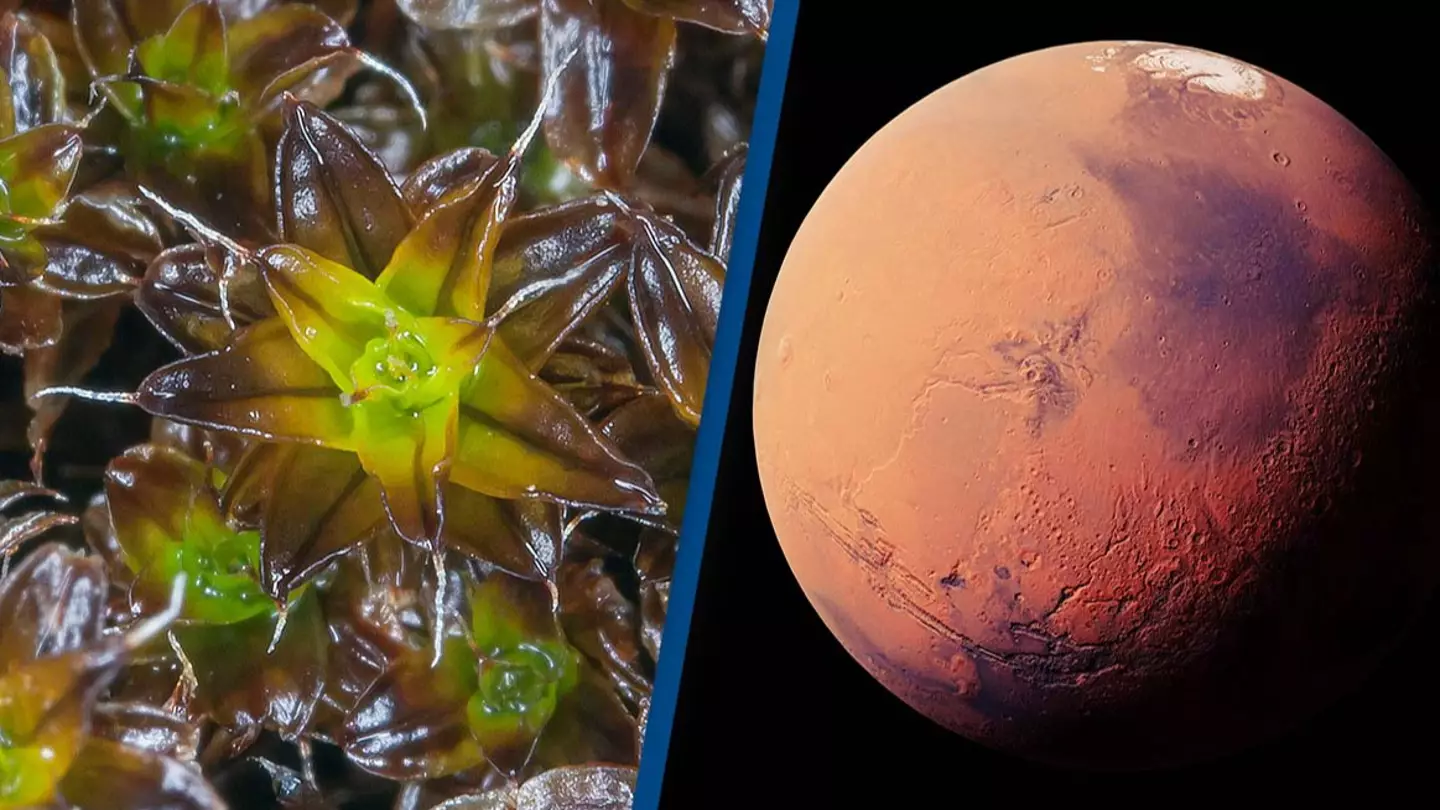Recent scientific discoveries suggest new possibilities that might one day make Mars a viable habitat for humans. While the Moon has also captivated the interest of scientists, living there permanently seems out of reach. However, Mars presents a more hopeful scenario, despite recent studies indicating that it may only be safe for humans for up to four years. Nonetheless, researchers continue to explore potential ways to make Mars habitable, and they have just made an exciting breakthrough.
Scientists at the Chinese Academy of Sciences have discovered that Syntrichia caninervis, a common type of moss that thrives in harsh desert conditions on Earth, can also withstand environments similar to those on Mars. This includes extreme drought, high radiation levels, and severe cold. While moss isn’t a food source, its ability to adapt could be crucial in transforming the Martian atmosphere to be more accommodating for human life.
.jpg)
Professor Stuart McDaniel, a moss specialist at the University of Florida who was not involved in the research, told The Guardian, “Growing terrestrial plants is crucial for any extended space mission because they efficiently convert carbon dioxide and water into oxygen and carbohydrates – essentially the air and food humans need.”
Even though desert moss isn’t edible, it could provide other significant benefits in space. The research also highlighted the moss’s resilience; after being almost completely dehydrated, it rapidly recovered. Some samples were stored at temperatures as low as –80°C (–112°F) for up to five years and in –196°C (-321°F) liquid nitrogen for up to 30 days before being revived in sterilized sand, where they showed about 95 percent recovery compared to control plants.

The moss was tested under extreme radiation similar to what it would face on Mars, and it survived these conditions as well. This discovery has sparked hopes that the moss might one day be tested on Mars or the Moon to further explore the potential for plant colonization in outer space.
While it’s not yet confirmed that the moss can survive on Mars, it’s an encouraging step forward. “This extremotolerant moss could be a promising pioneer plant for Mars colonization,” stated Professor Edward Guinan of Villanova University. He emphasized that more research is necessary but noted, “We have a long way to go, but this lowly desert moss offers hope for making small portions of Mars habitable for humankind in the future.”

